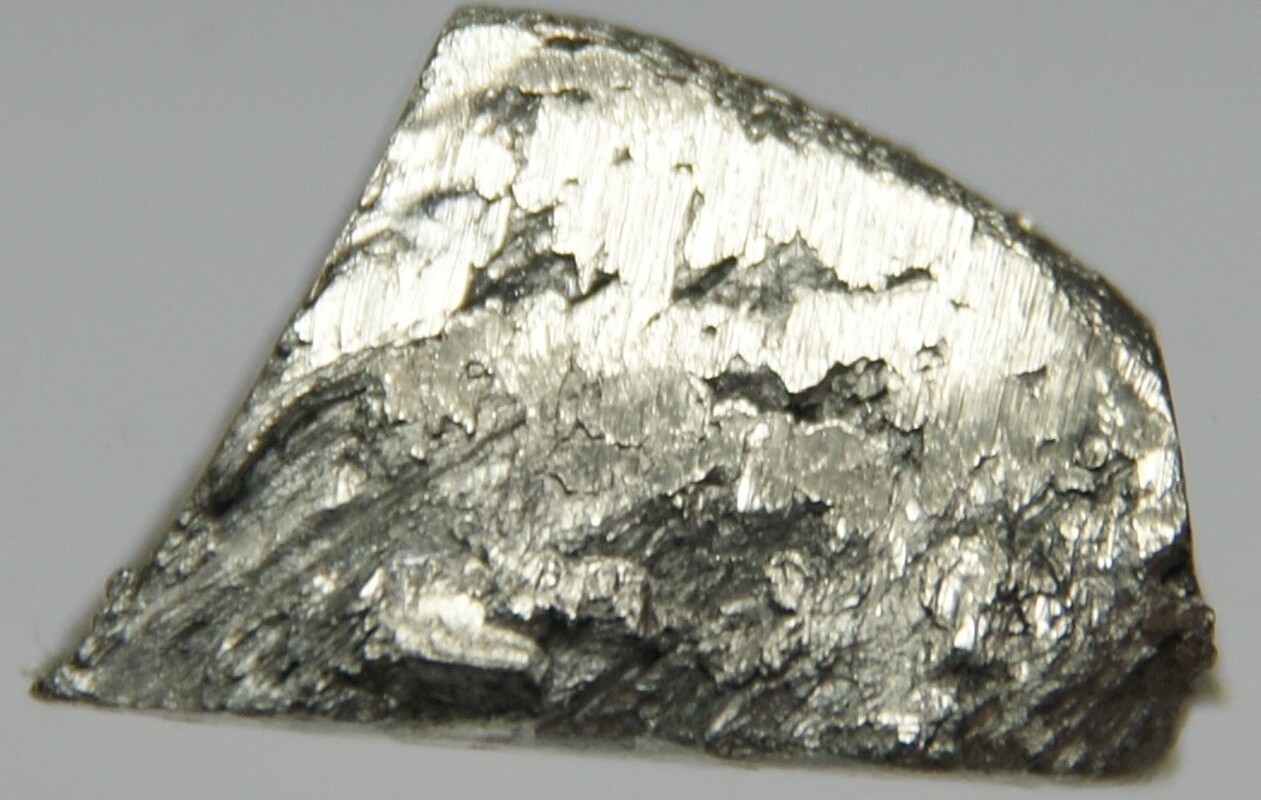
Erbium-Copper might sound like a mouthful, but these two elements together create some pretty cool stuff. Erbium is a rare earth element, often used in lasers and fiber optics. Copper, on the other hand, is a metal you see every day in wires and coins. When combined, they form alloys with unique properties. Ever wondered why your internet is so fast? Thank erbium-doped fiber amplifiers! Or why some coins have a pinkish hue? That's copper at work. This blog post dives into 25 fascinating facts about Erbium-Copper. Get ready to learn how these elements shape our world in ways you never imagined!
Key Takeaways:
- Erbium-Copper is a cool alloy made of rare erbium and familiar copper. It has special powers like conducting heat and electricity, resisting corrosion, and being strong. It's used in electronics, aerospace, and even medical devices!
- Erbium and copper are like superhero partners in this alloy. Erbium brings pink color, laser powers, and nuclear abilities, while copper shines in electrical wiring, plumbing, and fighting germs. Together, they make a super useful and recyclable alloy!
What is Erbium-Copper?
Erbium-Copper is an intriguing alloy combining the rare earth element erbium with copper. This unique blend has fascinating properties and applications. Here are some interesting facts about this alloy.
- Erbium is a rare earth element with the symbol Er and atomic number 68.
- Copper is a well-known metal with the symbol Cu and atomic number 29.
- Erbium-Copper alloy is created by combining erbium and copper in specific proportions.
- Erbium was discovered by Carl Gustaf Mosander in 1843.
- Copper has been used by humans for thousands of years, dating back to ancient civilizations.
Properties of Erbium-Copper
The combination of erbium and copper results in unique properties that make this alloy valuable in various fields.
- High thermal conductivity: The alloy efficiently transfers heat, making it useful in thermal management applications.
- Electrical conductivity: Copper's excellent electrical conductivity is retained in the alloy, making it suitable for electronic components.
- Magnetic properties: Erbium imparts specific magnetic properties to the alloy, useful in specialized magnetic applications.
- Corrosion resistance: The alloy exhibits good resistance to corrosion, enhancing its durability in harsh environments.
- Mechanical strength: The combination of erbium and copper results in an alloy with improved mechanical strength compared to pure copper.
Applications of Erbium-Copper
Erbium-Copper alloy finds applications in various industries due to its unique properties.
- Telecommunications: The alloy is used in fiber optic communication systems to enhance signal strength and quality.
- Aerospace: Its high thermal conductivity and mechanical strength make it suitable for aerospace components.
- Electronics: The alloy's electrical conductivity and corrosion resistance are valuable in electronic devices.
- Medical devices: Erbium-Copper is used in medical equipment due to its biocompatibility and durability.
- Magnetic refrigeration: The alloy's magnetic properties are utilized in advanced refrigeration systems.
Interesting Facts about Erbium
Erbium itself has some fascinating characteristics that contribute to the properties of the Erbium-Copper alloy.
- Pink color: Erbium compounds often exhibit a pink color, which can be seen in the alloy.
- Laser applications: Erbium is used in lasers for medical and dental procedures.
- Glass coloring: Erbium is used to color glass and ceramics.
- Nuclear technology: Erbium is used in nuclear reactors as a neutron absorber.
- Rare earth element: Erbium is part of the lanthanide series, a group of rare earth elements.
Interesting Facts about Copper
Copper, the other component of the alloy, also has some remarkable properties and uses.
- Electrical wiring: Copper is widely used in electrical wiring due to its excellent conductivity.
- Plumbing: Copper pipes are common in plumbing systems for their durability and resistance to corrosion.
- Coins: Many coins around the world are made from copper or copper alloys.
- Antimicrobial properties: Copper has natural antimicrobial properties, making it useful in healthcare settings.
- Recyclability: Copper is highly recyclable, with a significant portion of copper products made from recycled material.
Final Thoughts on Erbium-Copper
Erbium-Copper alloys are fascinating materials with unique properties. These alloys combine the magnetic and optical characteristics of erbium with the conductivity and strength of copper. This makes them valuable in various applications, from telecommunications to medical devices. Understanding these alloys can lead to innovations in technology and industry.
Their ability to improve fiber optic communications and laser technologies highlights their importance. The magnetic properties of erbium also open doors for advancements in data storage and quantum computing.
Erbium-Copper alloys are more than just a blend of two elements. They represent the potential for scientific breakthroughs and technological progress. Keeping an eye on developments in this field could reveal even more exciting uses and benefits.
Frequently Asked Questions
Was this page helpful?
Our commitment to delivering trustworthy and engaging content is at the heart of what we do. Each fact on our site is contributed by real users like you, bringing a wealth of diverse insights and information. To ensure the highest standards of accuracy and reliability, our dedicated editors meticulously review each submission. This process guarantees that the facts we share are not only fascinating but also credible. Trust in our commitment to quality and authenticity as you explore and learn with us.
